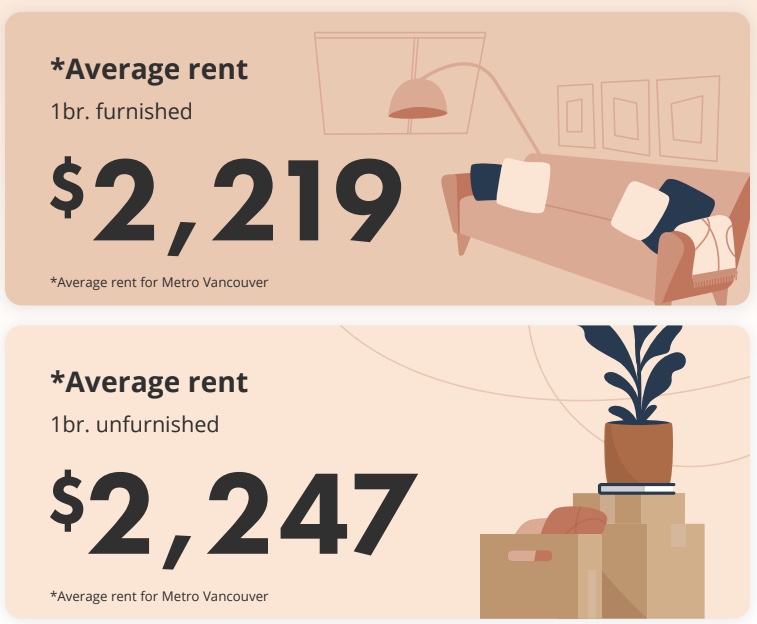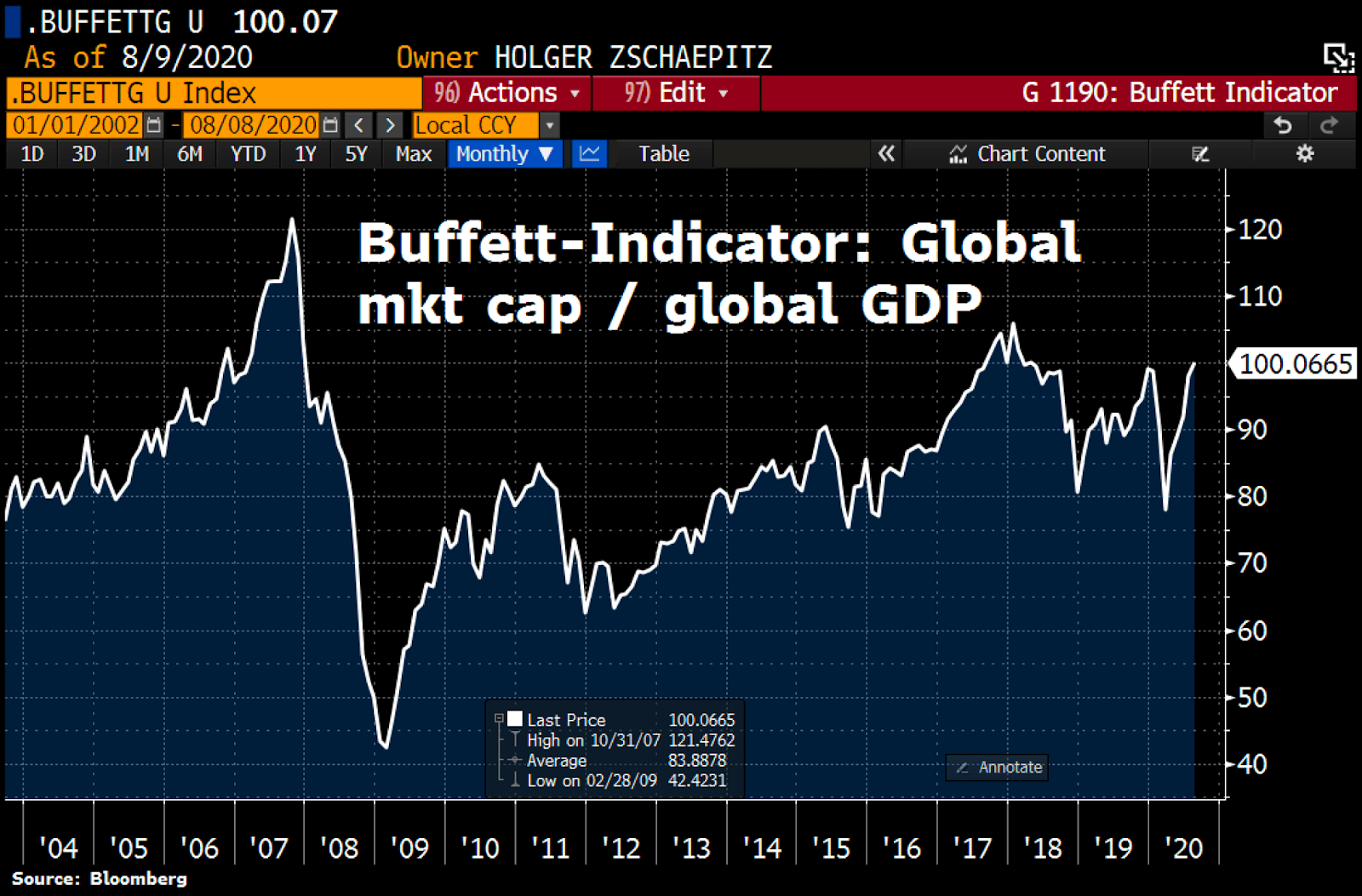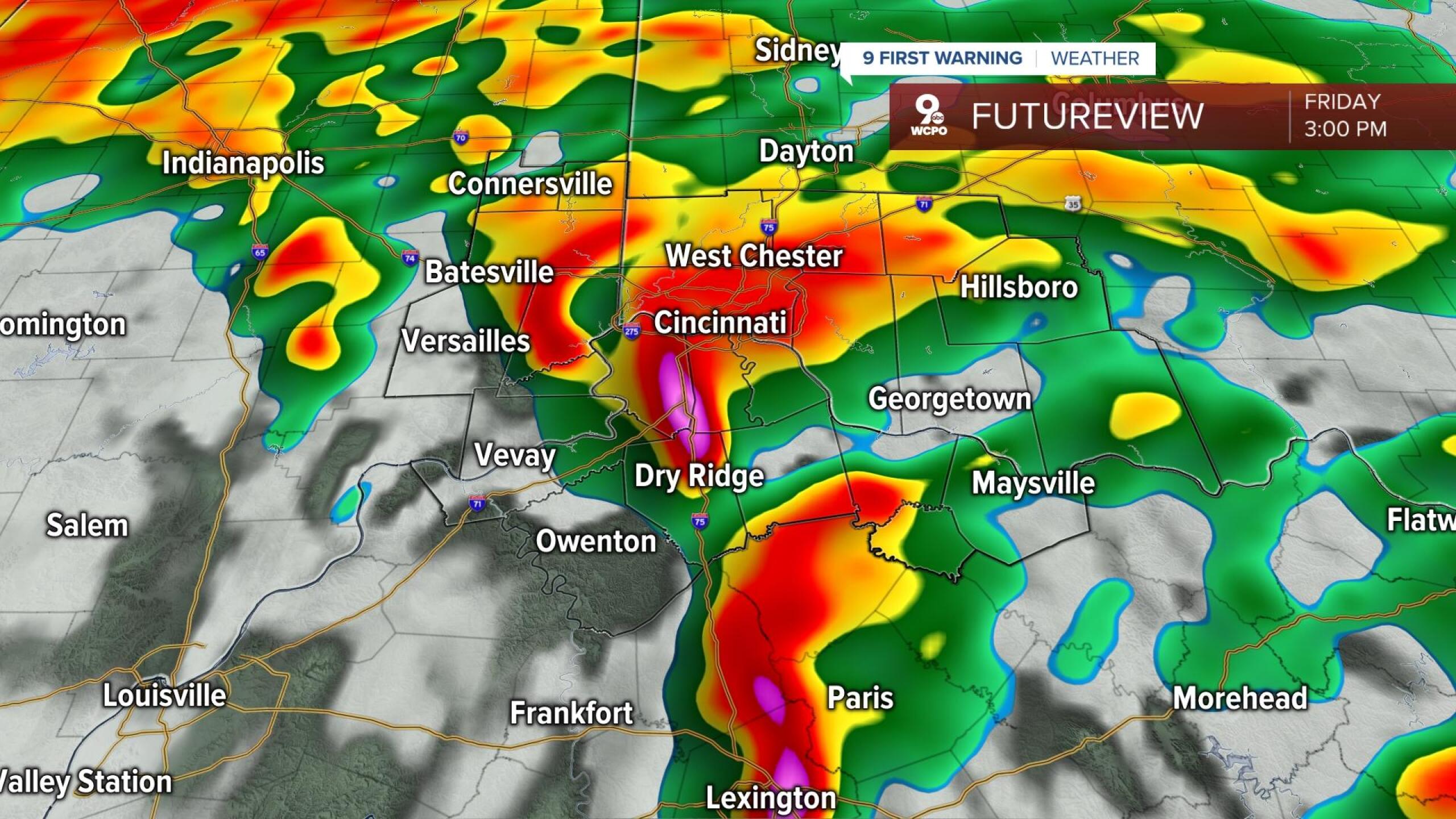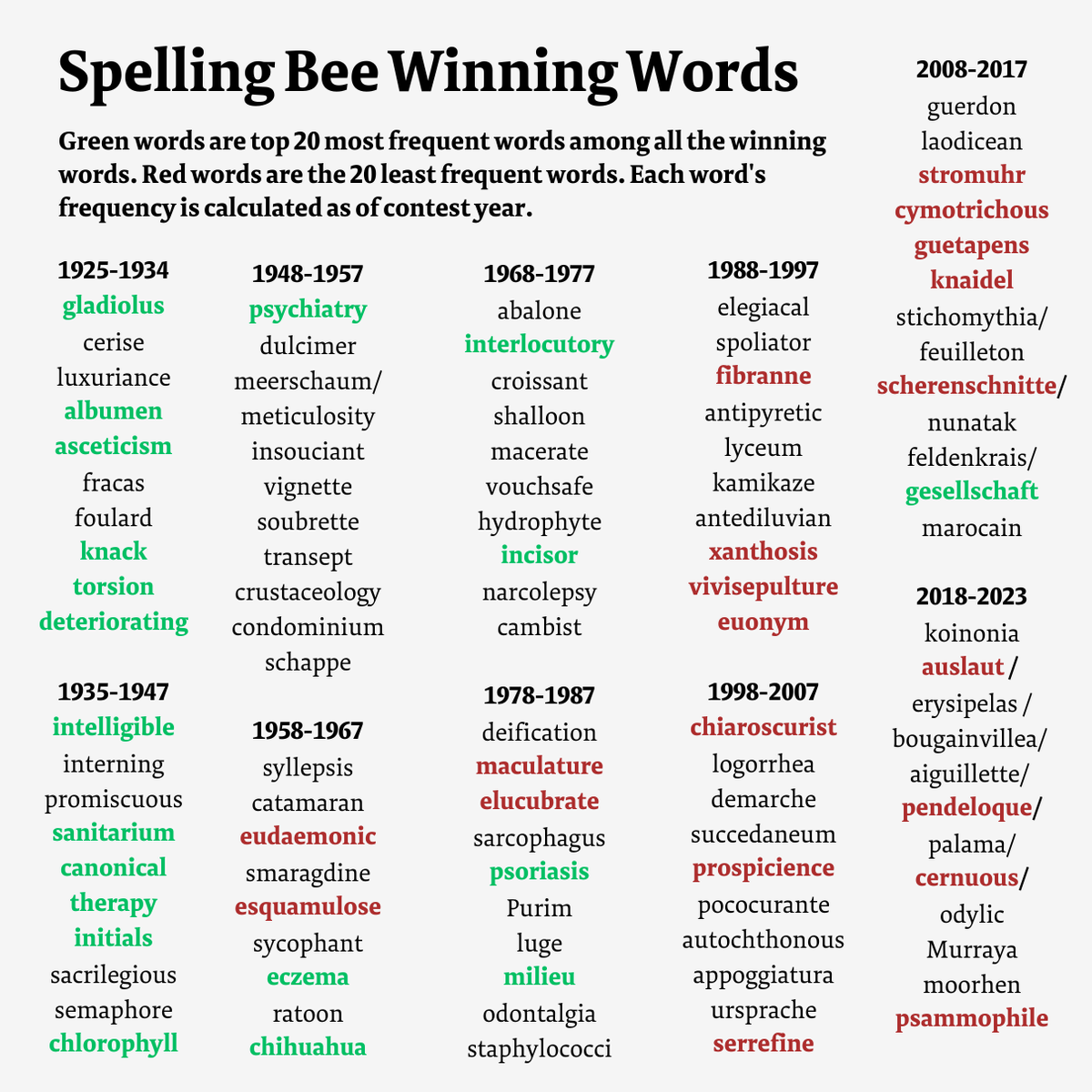Slowing Rent Increases, Persistent High Housing Costs In Metro Vancouver

Table of Contents
Recent Trends in Metro Vancouver Rent Prices
Slowdown in Rent Growth, But Still High
Recent reports indicate a moderation in the rate of rent increases in Metro Vancouver. However, this slowdown doesn't negate the fact that rents remain exceptionally high. Several factors may contribute to this trend. An increase in the number of rental units coming onto the market, coupled with a slight economic slowdown, might be playing a role in dampening rent growth.
- Percentage Changes: While precise figures fluctuate depending on the source and specific area, some reports suggest a decrease in the yearly rent increase from double-digit percentages in previous years to a single-digit increase in 2024 (data sources needed here – e.g., Statistics Canada, CMHC).
- Regional Variations: Rent increases haven't been uniform across Metro Vancouver. Areas like Vancouver may have seen a sharper decrease in the rate of increase than Surrey or Burnaby, which might still experience significant pressure on rental costs.
The Rental Market Remains Competitive
Despite the slowing growth, finding an affordable rental unit in Metro Vancouver remains a significant challenge. The market continues to be incredibly competitive.
- Average Rental Costs: Average monthly rents for one-bedroom apartments in central Vancouver remain significantly higher than the national average, with similar trends observed across different property types (townhouses, condos, etc.). (Specific data with sources needed).
- Vacancy Rates: Vacancy rates remain extremely low, suggesting a persistent imbalance between supply and demand. This low vacancy contributes to the intense competition and high rental prices.
- Time to Find a Rental: Finding a suitable rental unit can take weeks or even months, forcing many renters into precarious situations. Real estate agents frequently report receiving dozens of applications for each available unit. "The market is still incredibly tight," notes Sarah Miller, a Vancouver-based real estate agent (source needed).
Underlying Factors Contributing to High Housing Costs in Metro Vancouver
Limited Housing Supply
The core of the Metro Vancouver housing crisis is a chronic shortage of housing units, particularly affordable ones. This shortage is fueled by several interlocking factors.
- Land Scarcity: Limited availability of developable land, especially in desirable urban areas, restricts the potential for new construction.
- Restrictive Zoning Regulations: Zoning bylaws in many areas often favor single-family homes, limiting the construction of higher-density housing like apartments and townhouses.
- Lengthy Development Processes: Complex and time-consuming approval processes for new housing projects further constrain supply.
[Insert chart here comparing housing starts to population growth in Metro Vancouver]
High Demand and Population Growth
The continuous influx of people into Metro Vancouver significantly impacts housing demand.
- Immigration: Metro Vancouver is a major immigration destination, leading to substantial population growth.
- Job Market Growth: The region's strong economy and diverse job market attract both domestic and international workers.
- Regional Attractiveness: Metro Vancouver's desirable lifestyle, natural beauty, and proximity to amenities contribute to its ongoing appeal.
Foreign Investment and Speculation
Foreign investment and speculation are often cited as factors contributing to inflated housing prices in Metro Vancouver.
- Foreign Ownership: While precise figures are debated, some studies suggest significant foreign ownership in certain sectors of the market, potentially contributing to increased demand and prices.
- Speculative Investment: The possibility of speculative investment, where properties are purchased with the intention of resale at a profit, can also inflate prices.
Government Initiatives and Policy Responses to Address Metro Vancouver Housing Costs
Recent Policies and Their Effectiveness
Various levels of government have implemented initiatives to address housing affordability in Metro Vancouver. However, assessing their effectiveness requires careful analysis.
- Rental Regulations: Rent control measures aim to limit rent increases, but their impact on affordability and market dynamics remains a subject of ongoing debate.
- Building Incentives: Government incentives for developers aim to stimulate construction of affordable housing, but their reach and impact vary.
- Taxation Policies: Measures like property taxes and speculation taxes are intended to curb speculation and increase affordability, but their effectiveness is often debated.
Future Policy Directions Needed
Addressing the persistent high Metro Vancouver housing costs requires a multifaceted approach involving long-term strategic planning.
- Increased Density: Allowing for higher-density development in appropriate locations can increase housing supply without compromising other urban planning goals.
- Changes to Zoning Regulations: Modernizing zoning regulations to permit more diverse housing types and densities is crucial.
- Investment in Social Housing: Increased investment in social housing can provide affordable options for low- and moderate-income households.
Conclusion
The slowdown in rent increases in Metro Vancouver offers a glimmer of hope, but it doesn’t solve the underlying issue of persistently high housing costs. The combination of limited housing supply, high demand, and other factors creates a complex challenge demanding sustained and innovative solutions. While recent government initiatives have attempted to address the problem, their impact needs further evaluation, and more comprehensive strategies are required. Learn more about Metro Vancouver housing costs and stay updated on the latest housing market trends to better understand this multifaceted issue and advocate for effective solutions. Understanding the factors impacting Metro Vancouver housing affordability is crucial for shaping future policy and improving the lives of residents.

Featured Posts
-
 Bof As Take Why Current Stock Market Valuations Shouldnt Worry Investors
Apr 29, 2025
Bof As Take Why Current Stock Market Valuations Shouldnt Worry Investors
Apr 29, 2025 -
 Us Shoppers Bear The Brunt How Trump Tariffs Inflate Temu Prices
Apr 29, 2025
Us Shoppers Bear The Brunt How Trump Tariffs Inflate Temu Prices
Apr 29, 2025 -
 Heavy Rain And Flooding Prompt State Of Emergency Declaration In Kentucky
Apr 29, 2025
Heavy Rain And Flooding Prompt State Of Emergency Declaration In Kentucky
Apr 29, 2025 -
 The Challenges Of Producing All American Goods
Apr 29, 2025
The Challenges Of Producing All American Goods
Apr 29, 2025 -
 Solve Todays Nyt Spelling Bee Feb 26th 360 Hints And Answers
Apr 29, 2025
Solve Todays Nyt Spelling Bee Feb 26th 360 Hints And Answers
Apr 29, 2025
Latest Posts
-
 Cardinals Conviction And Papal Conclave Voting Eligibility
Apr 29, 2025
Cardinals Conviction And Papal Conclave Voting Eligibility
Apr 29, 2025 -
 Debate Surrounds Convicted Cardinals Participation In Papal Conclave
Apr 29, 2025
Debate Surrounds Convicted Cardinals Participation In Papal Conclave
Apr 29, 2025 -
 Disgraced Cardinal Claims Right To Participate In Conclave
Apr 29, 2025
Disgraced Cardinal Claims Right To Participate In Conclave
Apr 29, 2025 -
 Convicted Cardinal Claims Entitlement To Vote For Next Pope
Apr 29, 2025
Convicted Cardinal Claims Entitlement To Vote For Next Pope
Apr 29, 2025 -
 Cardinal Maintains Entitlement To Vote In Next Papal Election
Apr 29, 2025
Cardinal Maintains Entitlement To Vote In Next Papal Election
Apr 29, 2025
